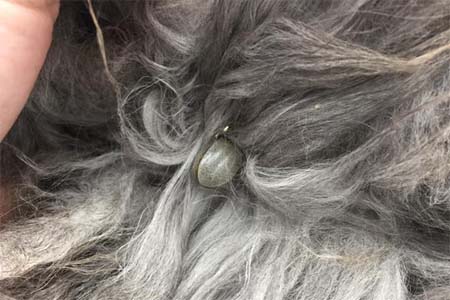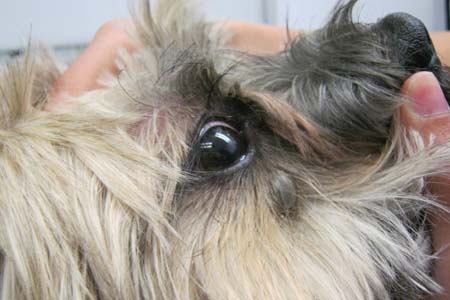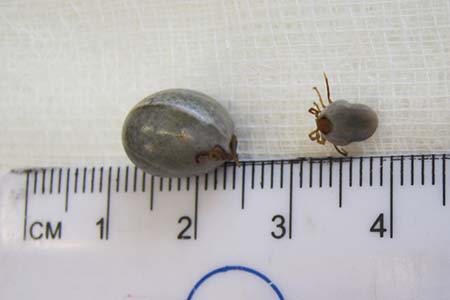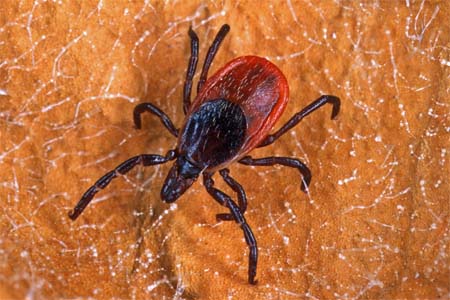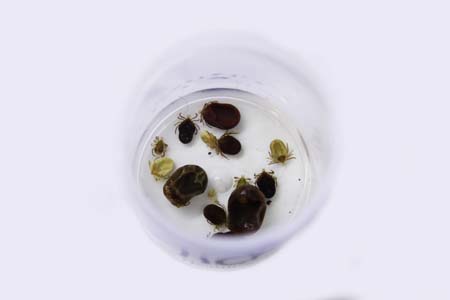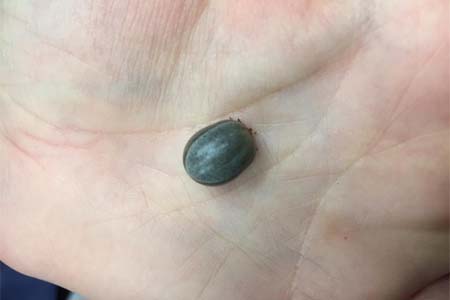Prevention of tick paralysis is better than cure!
Tick Prevention Tips
The paralysis tick is a common problem for our pets in the Ku-Ring-Gai area, affecting many families and causing concern among pet owners. Local vet in Turramurra Dr James Thompson, discusses tips on how to prevent tick paralysis from affecting your pet.
“Tick preventatives have really progressed in the last few years with more effective products now on the market available through our Turramurra Vet Hospital than ever before. It is important never to get too complacent with ticks as there is no guarantee that your pet will not get a tick so pet owners need to be constantly on the look-out for ticks and be aware of the signs of tick toxicity”, warns Dr Thompson.
Traditionally, tick preventatives have relied on topical spot-on products, rinses, sprays and collars. However now there are chewable tablets which have revolutionised tick control.
“There is now a chewable tablet for dogs given every 3 months called Bravecto which is very popular as it’s so easy to give and there is no need to be concerned about water resistance, which can be an issue with some of the topical applications and collars”, states Dr Jim.
Bravecto spot on is registered for tick prevention in dogs and cats, we recommend application every 3 months in dogs and every 2 months in cats.
“The Seresto collar is registered for dogs for both tick and flea prevention and is worth using in conjunction with Bravecto in high tick risk areas near bushland or National Parks”, says Turramurra Vet Hospital senior vet Dr Angus Donald.
The Seresto collar is currently only licensed for fleas in cats but the company that makes these collars is believed to be working to get tick licensing approval too.
Tick prevention products should not replace these basic recommendations:
- Avoid taking your dog to the beach as coastal areas have an increased number of ticks
- Perform a daily tick search using your fingers to walk through your pet’s coat from top to tail feeling carefully for ticks
- Use a vet recommended tick preventative all year round
- Keep your pet’s coat short during spring and summer to facilitate tick searches
“Taking your dog to the beach, especially the northern beaches, increases the chance that your dog will pick up a tick as these areas are very prone to tick toxicity. If you do choose to take your dog to the beach during tick season, then it is highly recommended that your dog’s hair is cut very short so that a daily tick search can be easily performed”, Turramurra Vet recommends.
If there are any signs of tick paralysis, such as a wobbly walk, collapse, retching, coughing or vomiting, always have your pet examined by one of your local experienced Turramurra vet team members as the earlier tick toxicity is treated, the better the chance your pet has for a full recovery.
For further information about tick paralysis prevention, contact your local community’s Turramurra vet team on (02) 9988 0198 for advice from our experienced staff.


